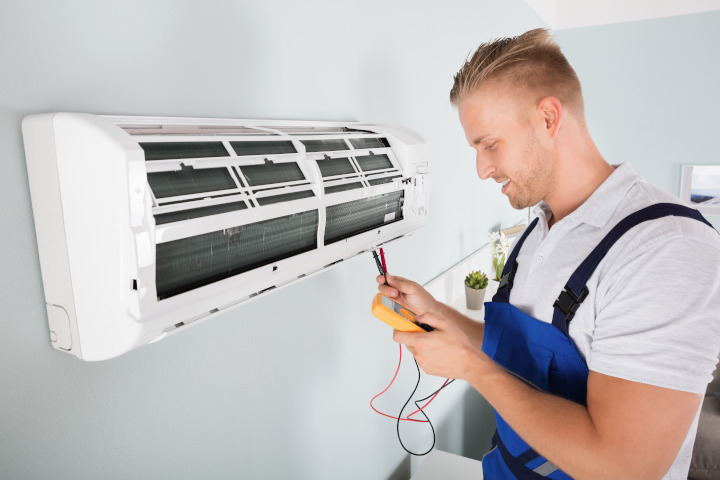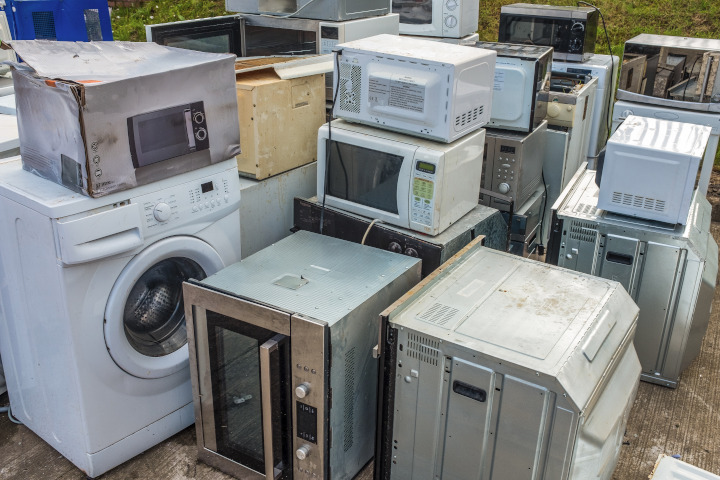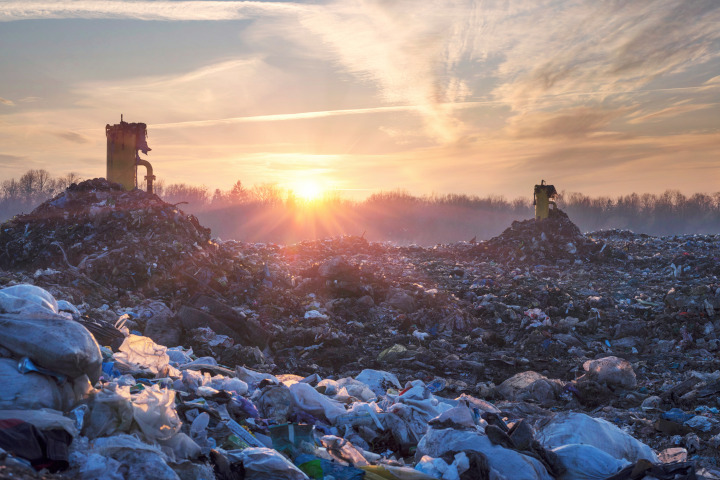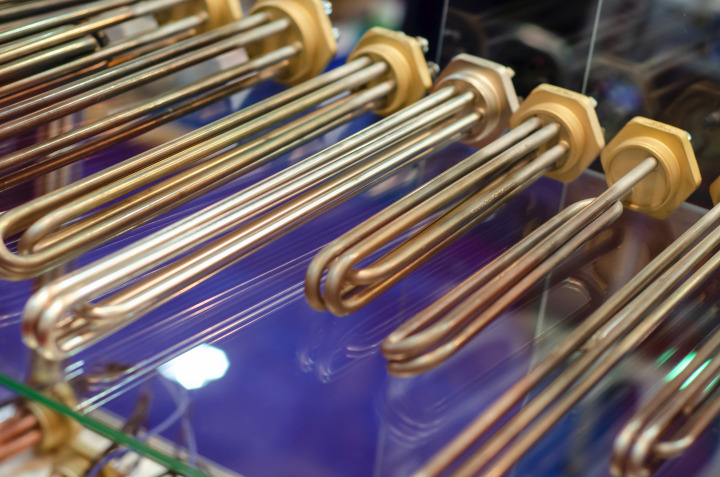In today’s marketplace, many installers are finding that end users are actively seeking a straightforward repair quote for their plumbing, heating, and electrical needs.

This is partly an interim measure in the economic downtown and due to the growing awareness of our environmental impact
Installers need to stay attuned to this step change to be able to meet their customer’s needs.
Environmental Concerns
According to www.direct.gov.uk, the average person in the UK discards more than 33 tonnes of electrical waste in their lifetime – this figure relates to the average person in the street, it’s not a figure ‘per household’ or ‘per plumbing and heating installer’.
According to the UK Environment Agency, in 2021, 491,212 tonnes of Household electrical and electronic equipment were collected in the UK.

Many of these items would have been repairable had the right spare part been sourced, and a simple part change can easily double the lifespan of your appliance.
It’s true to say that this throw-away mentality costs us more in the long term.
The manufacture of a new electrical product can include using valuable materials such as gold, copper, aluminium and iron and there’s also the additional consideration of transportation and packaging involved in this process.
The disposal of electrical items may also pose a danger to our environment if this is not done correctly.

Chemicals used in the manufacturing process, such as mercury and lead, may seep out and pollute our planet, posing a potential hazard to both wildlife and ourselves.
Saving You Money
There’s often an appreciable saving to be made by ditching the ‘rip out and replace’ attitude.
Replacing the three elements in a mid-price storage heater, including labour, would equate to around 40% of the cost of buying a new unit.
There are countless examples relating to different types of electrical spares.

“I recently repaired an electric bike battery for someone, saving them £800,” says Guy Jones, volunteer at the Repair Café in Cambridge.
“The part to fix it was £10.”
Source Olivia Le Poidevin, BBC Newsbeat.
So, Why Repair and Not Replace?
At the end of the day, repairing – mending and making do, is less wasteful than replacing things.
Things can and do break, or function less efficiently without maintenance.
In fact, with planned obsolescence some things are expected to function only for a set period.
With a proper maintenance and repair strategy you can produce less waste, save money, and reduce your impact on our environment.
